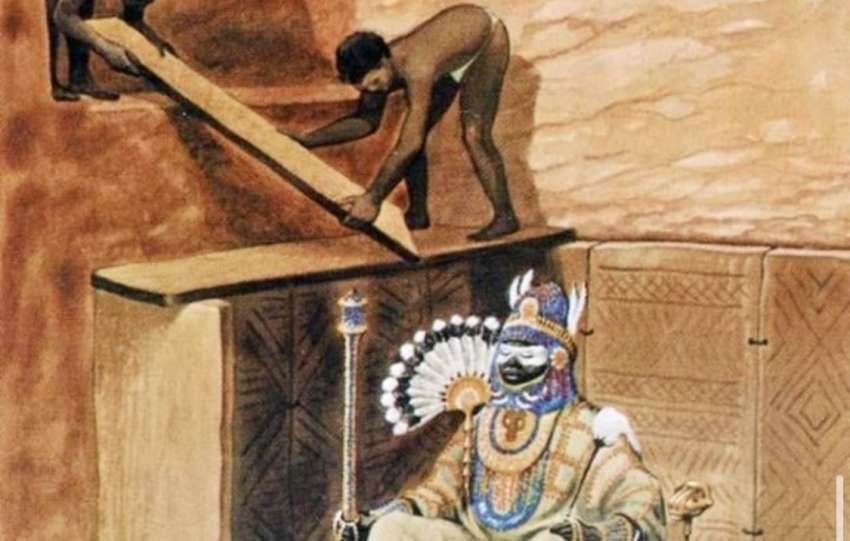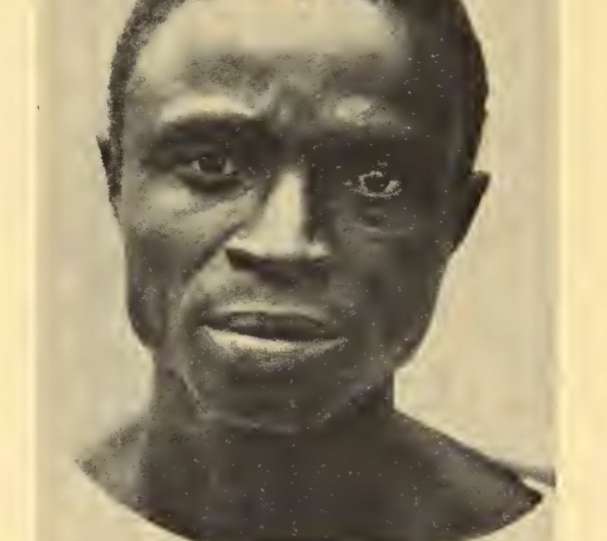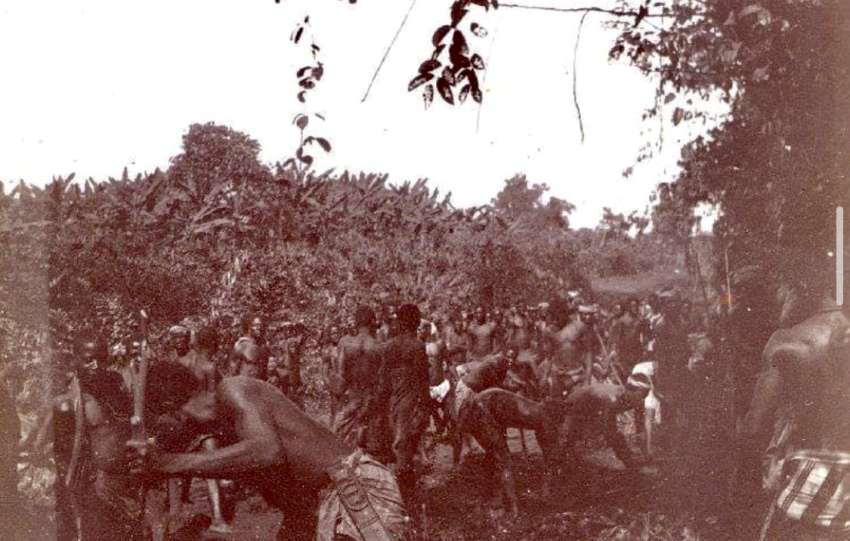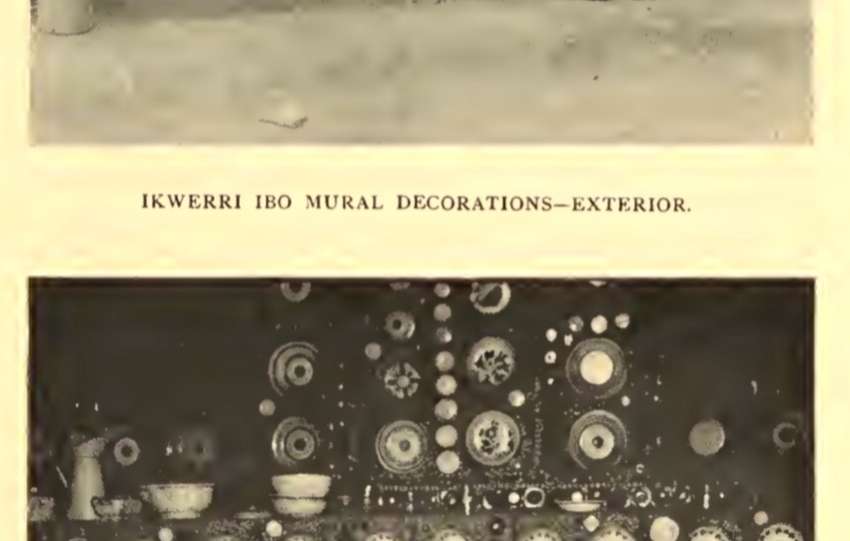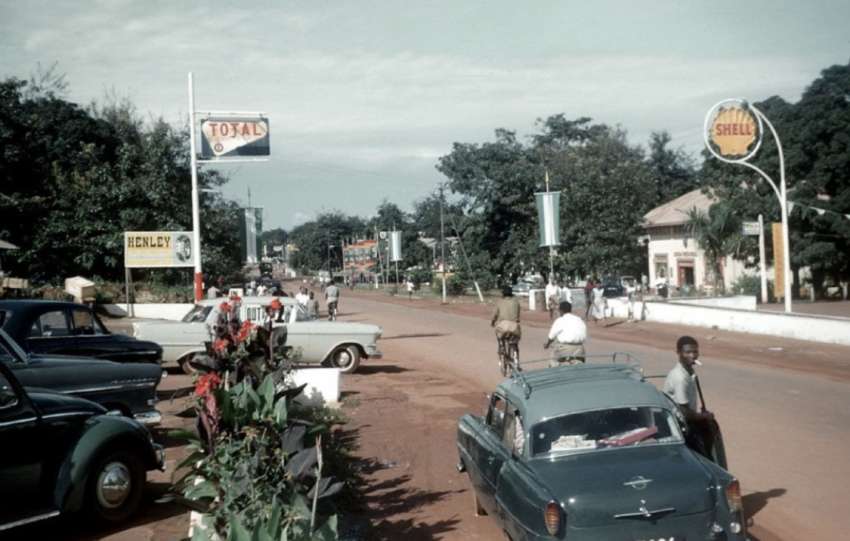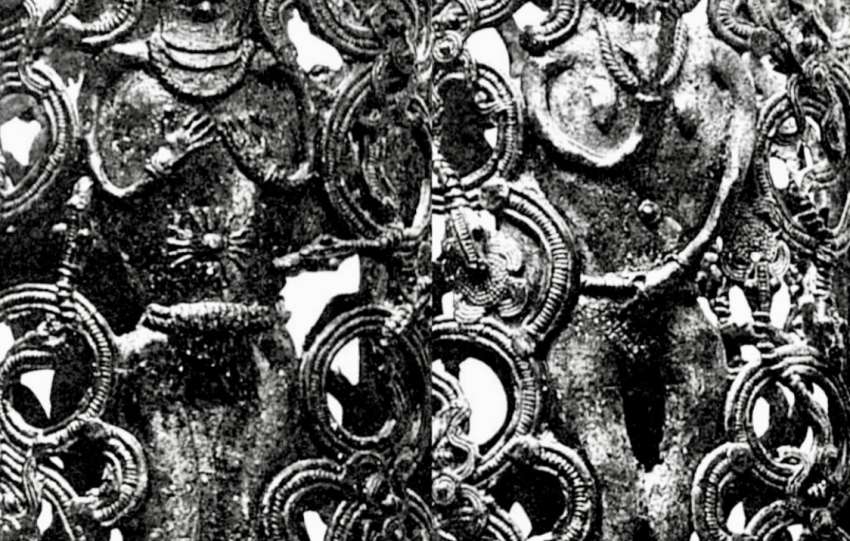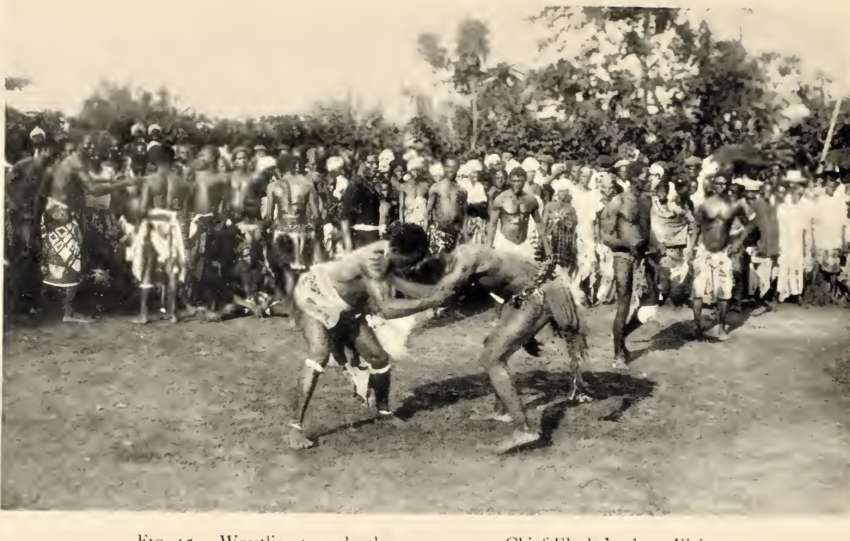Egu Ukele dance tradition and music of ndi Ukwuani, maintains deep historical and cultural significance
Egu Ukele played an important role in the resilience of Ndi Ogume against external factors, particularly the old Benin kingdom’s expansion of Oba Ewuare, a handful of Ogume lived in Idu kingdom (old Benin kingdom, )this was in the course…


